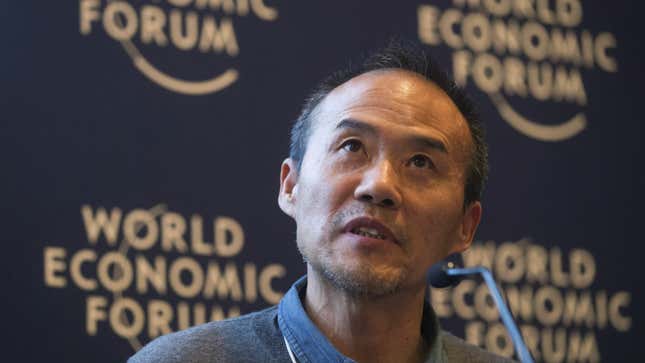
The biggest residential property developer in China is making its first investment in the US. China Vanke will take a 70% stake in a San Francisco residential developments launched by Tishman Speyer, the US’s biggest commercial property developer, which will keep the remaining 30%. As the Financial Times points out, the deal size wasn’t publicized, but it was small enough that Vanke announced it on its chairman’s microblog (paywall), and not in securities filings.
Why now? Well, first, tight rules on home purchases in China aimed at curbing speculative investments, as well as overcapacity in smaller cities, may be prompting Vanke to hedge against a falling Chinese property market.
Also, growing numbers of Chinese are investing in overseas property, including some $7 billion in US homes last year, second only to Canadians. It’s not that easy to get a visa to the US, though, which means that some of these sales are done sight unseen—a trend that a Chinese property company with an international property portfolio could potentially benefit from. As the FT points out, this isn’t the first Chinese push into US property: last year, Xinyuan Real Estate bought a $54 million residential plot in New York.
In addition, there’s how Vanke is expanding. The developer has been gearing up its internationalization plan for a while. Last month it invested in a Hong Kong subway station development. The $21 billion developer also plans to shift some of its China-listed shares to the Hong Kong exchange (paywall), capitalizing on changes in Chinese securities rules. This would make it much easier for Vanke to raise foreign funds to invest abroad. (The San Francisco deal is still awaiting government permission for Vanke to change Chinese yuan into dollars.)
But unlike Japan’s trophy-property spending spree of the 1980s, the Chinese company appears to be taking a cautious approach. Vanke President Yu Liang has said in the past that that “at the core of any internationalization must be partnering with local companies” (link in Chinese). Its deal with Tishman Speyer—which, incidentally, is no stranger to Chinese real estate—is a sign that it is doing just that.